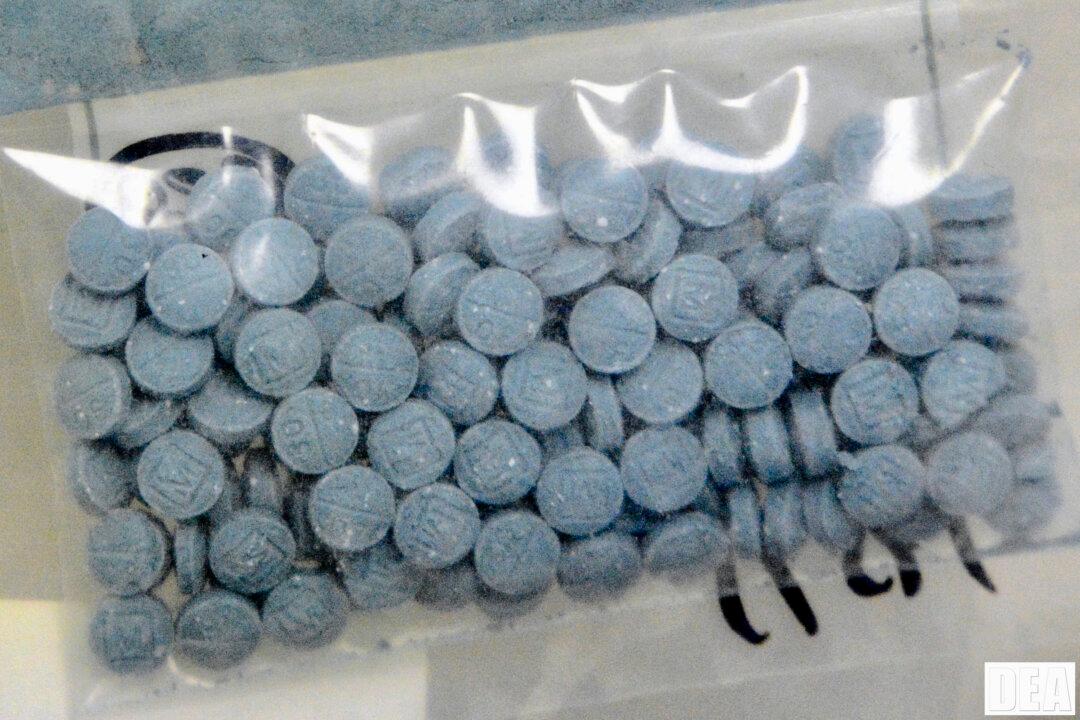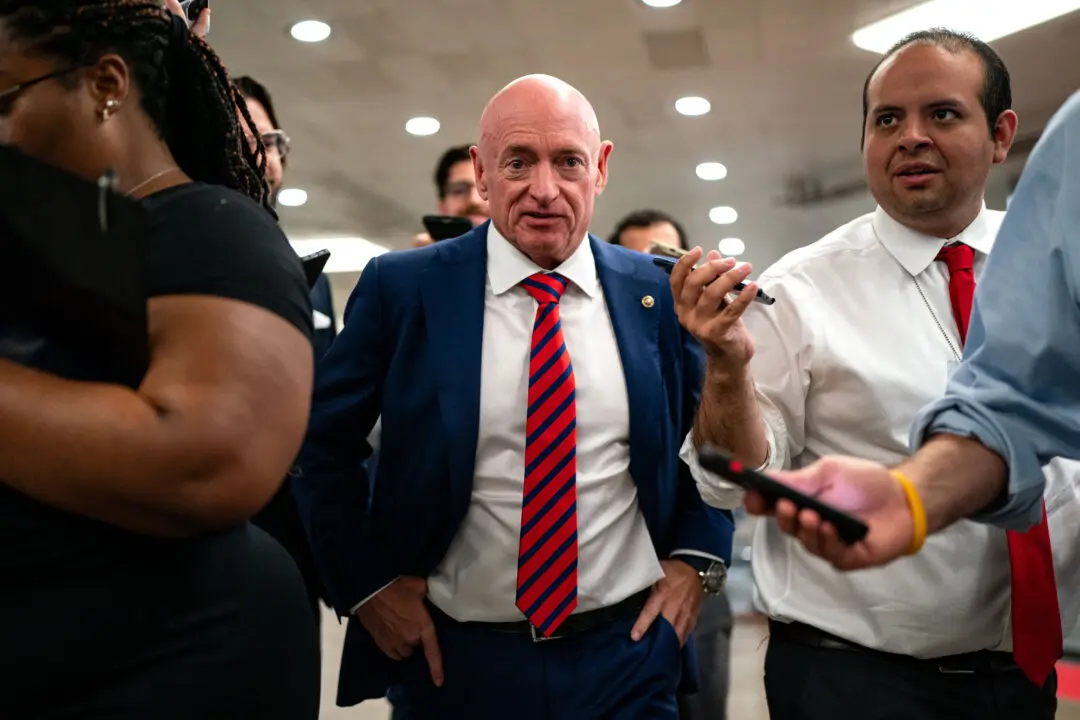Sens. Elizabeth Warren (D-Mass.) and Bill Cassidy (R-La.) are taking a new look at efforts by President Joe Biden’s administration to curb fentanyl trafficking in the United States, particularly through online sales using cryptocurrency.
The bipartisan pair sent a letter on Wednesday to U.S. Drug Enforcement Administration Administrator Anne Melissa Milgram, and White House Office of National Drug Control Policy (ONDCP) Director Rahul Gupta, expressing their concerns about the role cryptocurrencies play in the online narcotics trade and seeking an update from the Biden administration on its efforts to crack down on such online transactions.





